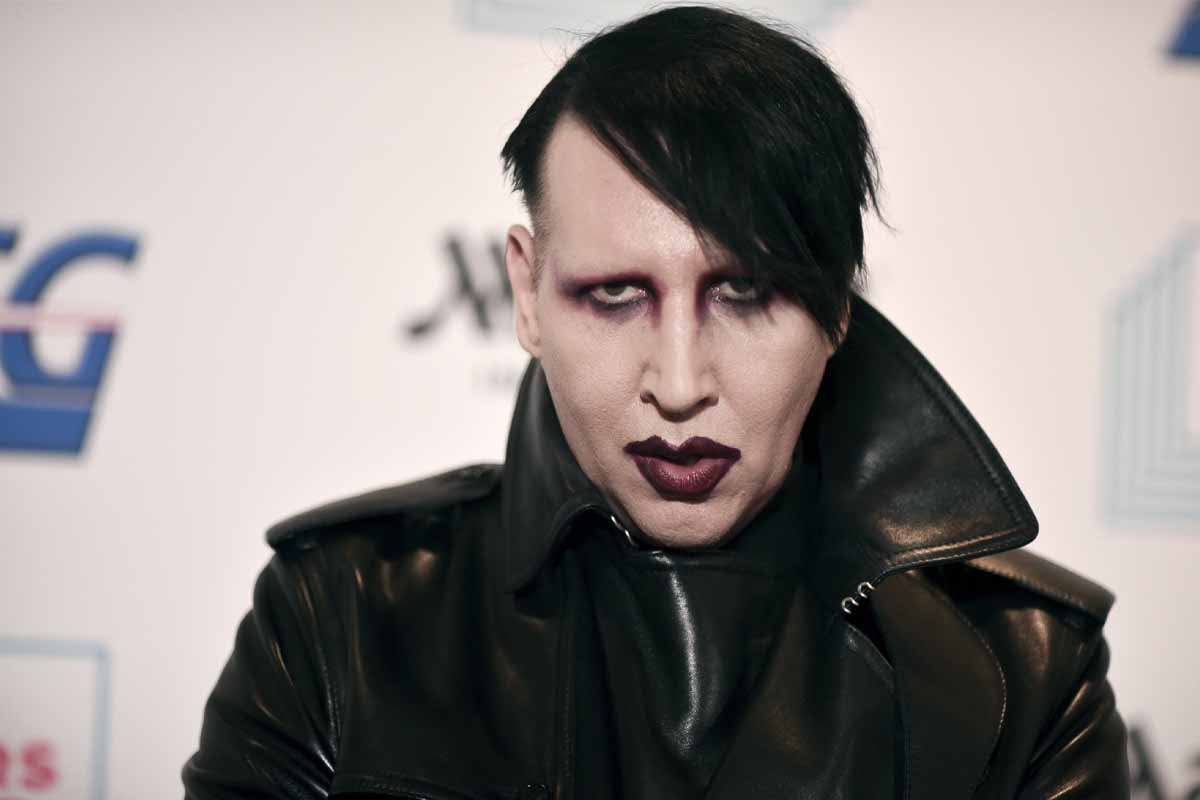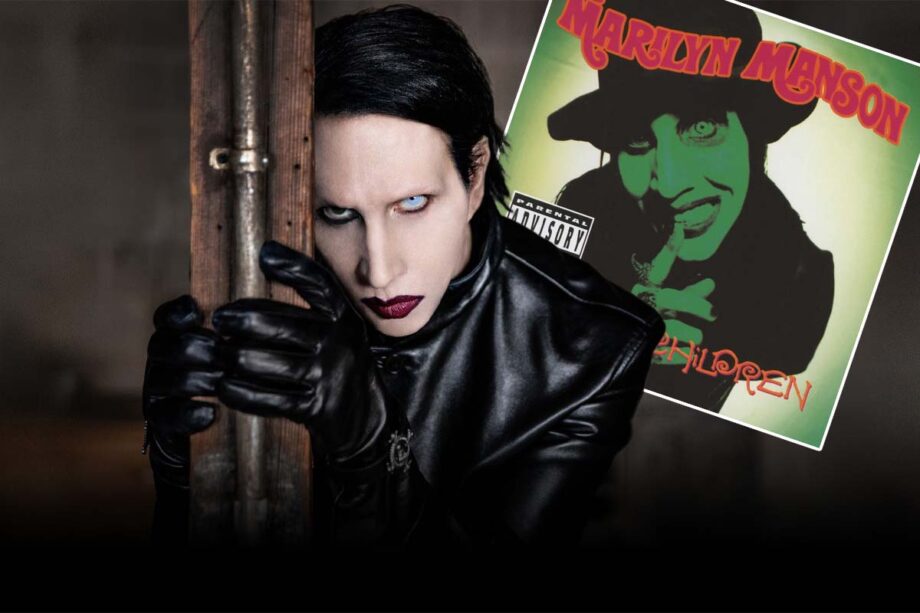Marilyn Manson’s ‘Smells Like Children’ EP stands as one of the most controversial and critically dismissed releases in his discography.
According to Wikipedia, the EP achieved platinum certification from the Recording Industry Association of America (RIAA) after its release. The cover of Eurythmics’ ‘Sweet Dreams (Are Made of This)’ drove much of this success as the song became their breakthrough hit and earned them their first MTV Video Music Awards nomination for Best Rock Video in 1996.
The music video received heavy rotation on MTV, and this mainstream exposure helped expand their audience. However, it also led to increased scrutiny of their controversial content. The album couldn’t espace negative reviews and backlash.
Critical Reception And Industry Response

Entertainment Weekly’s Tony Scherman delivered a particularly scathing review. He dismissed the release as “an artlessly assembled excuse for an album” and criticized Manson as “minor-league White Zombie wannabes.” The criticism extended to Nine Inch Nails’ Trent Reznor, the co-producer. Scherman suggested Reznor’s involvement should have been a source of embarrassment.
The EP attracted attention beyond music criticism circles. It became a target of political scrutiny. On May 30, 1996, Empower America (now FreedomWorks) organized a significant bipartisan press conference.
The event featured Republican Secretary of Education William Bennett and Democrat Senator Joseph Lieberman, along with Secretary of Pennsylvania State C. Delores Tucker. The group targeted the album among others, criticizing what they called “prepackaged, shrink-wrapped nihilism” in the record industry.
The Controversial Content Structure
Many factors played into the negative response. The EP’s makeup revealed a peculiar distribution that critics have heavily targeted. The content breakdown from Sputnik Music showed 25% pure noise, 31% remixes from ‘Portrait of an American Family,’ 25% sound bite tracks, and 18% cover songs. This led people to specifically point out the lack of substantial original material.
Listeners also took an issue with the record’s composition. The reviews said only half of the material consisted of ‘actual music’ while the remainder contained various experimental elements and remixes.
Evolution Of The Project

According to Manson Wiki, the EP began as a remix single for ‘Dope Hat’ but evolved significantly during its creation at Nothing Studios in New Orleans between 1994 and 1995. Notable producers Dave Ogilvie and Charlie Clouser contributed alongside Trent Reznor while the recording process faced several creative challenges.
The team had to remove unauthorized samples from films like ‘Willy Wonka & the Chocolate Factory’ and ‘Chitty Chitty Bang Bang’ due to licensing issues. They also removed several tracks including ‘Abuse, Part 1’ and ‘Abuse, Part 2’ due to their extreme content. These were replaced with less controversial material like ‘The Hands of Small Children’ and ‘May Cause Discoloration of the Urine or Feces.’
These changes failed to reduce the controversy, though. C. Delores Tucker later described the album as the “dirtiest, nastiest porno record directed at children” during the 1996 press conference. This statement cemented the EP’s place among controversial music releases.





